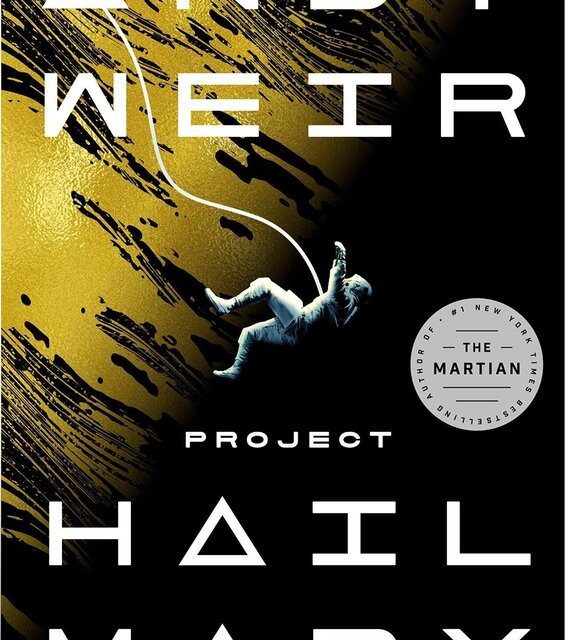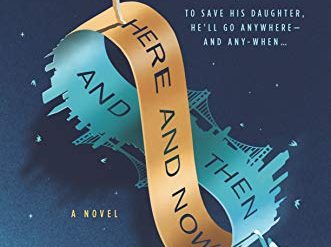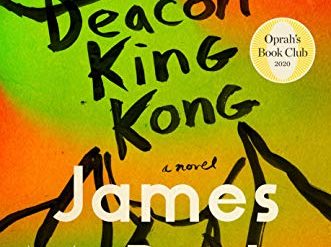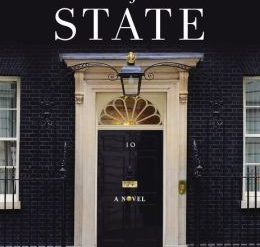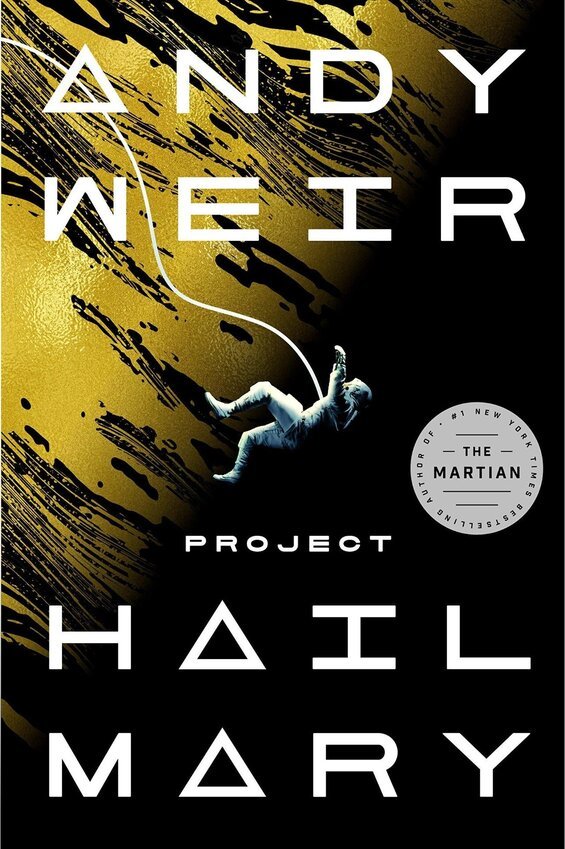
In Andy Weir’s blockbuster debut, The Martian, and in the 2015 film of the same name starring Matt Damon, astronaut Mark Watney digs himself out of one hole after another in a frantic effort to survive alone on Mars. Watney’s an engineer, and every problem presents itself as an engineering challenge. Now Weir has come out with a new novel, Project Hail Mary, and it’s much the same. A biologist-turned-middle-school-teacher named Ryland Grace is alone light-years from Earth on a suicide mission to save the human species. But his first job is to save himself. And the challenges he faces demand solutions that only clever engineering and a knowledge of science can solve.
Estimated reading time: 5 minutes
Devilishly clever, but it gets old fast
This book has a lot going for it. It’s suspenseful. Even hard to put town at times. Laugh-out-loud funny on occasion. Weir takes great care to base events on known physical, chemical, and biological properties. And the portrayal of alien life-forms is intriguing and seems plausible. But in the end it’s science fiction only an engineer could love. Again and again, for page after tedious page, Ryland Grace tackles engineering problems to address a succession of threats and emergencies that come out of the woodwork (as it were). Grace—or, rather, Andy Weir—is devilishly clever, but it gets old fast.
Project Hail Mary by Andy Weir (2021) 482 pages ★★★☆☆
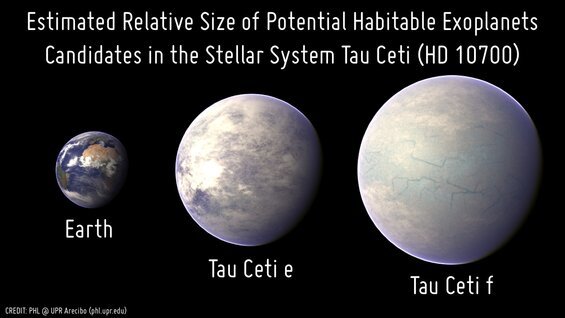
Here’s what happens
Ryland Grace is happily enjoying the adulation of his middle-school science students. Years earlier, a paper he had written as a rising young biologist challenged the accepted wisdom that all life requires water. The reaction among exobiologists was fast and furious, and Grace was driven from his research position at a university. Now, that same paper has forced him back into the public eye. A microscopic alien life-form called “Astrophage” is gobbling up the sun’s energy, and Grace has come to the attention of the extraordinary woman leading the international to save humanity from it. That effort is a Moon Shot to the power of ten or a hundred, and Eva Stratt commands all the Earth’s resources to address the threat. Including Ryland Grace, whether he likes it or not.
In case you haven’t guessed, Andy Weir is a lot stronger on science and engineering than he is on international politics. The friendly global effort he posits is preposterous. It’s inconceivable to me that an existential threat, no matter how imminent, would induce the Americans, the Chinese, and the Russians to band together in a united effort engaging all their military and economic resources. Not going to happen.
Not to belabor the tale, Grace assists Stratt in a breakneck campaign to construct an interstellar spaceship and train the crew of three selected to take it to the Tau Ceti system. There, Earth scientists have concluded, lies the origin of the Astrophage. Then a whole sequence of things go wrong, and Grace himself ends up on the starship Hail Mary—alone. Because his two crewmates have died en route. And to make matters worse, he wakes from a coma with amnesia. It takes him a long, long time to figure out where he is and what happened to take him there. The upshot is, Ryland Grace is “all that stands between humanity and extinction.” And then the really big surprises start coming. . .
About the author
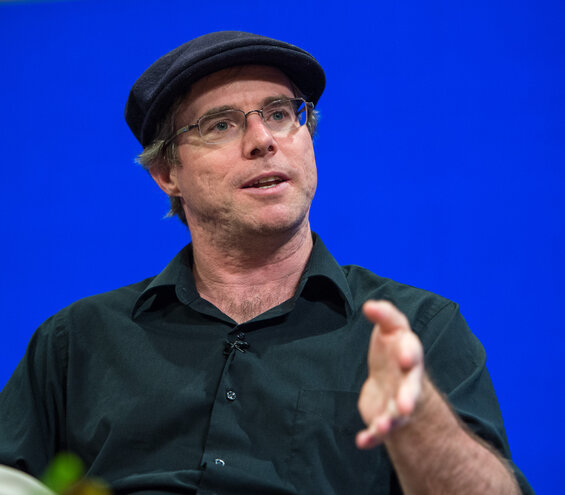
Computer programmer Andy Weir (1972-) self-published The Martian in 2011 and created such a stir that Crown Publishing Group picked it up and turned it into a bestseller. The book is often cited as one of the best science fiction novels of recent years. He grew up in Milpitas, California, and attended (but did not graduate from) the University of California, San Diego. He has written four novels and a slew of short stories, comics, graphic novels, and other materials.
For related reading
Check out Andy Weir’s blockbuster debut, The Martian (Hard science fiction at its best) and The five best First Contact novels. And for a detailed review, including an interview with Weir, see “Andy Weir’s New Space Odyssey” by Alexandra Alter in the New York Times (May 14, 2021).
For more good reading, check out:
- These novels won both Hugo and Nebula Awards
- The ultimate guide to the all-time best science fiction novels
- The top science fiction novels
- The top 10 dystopian novels
- 10 new science fiction authors worth reading now
And you can always find my most popular reviews, and the most recent ones, on the Home Page.

